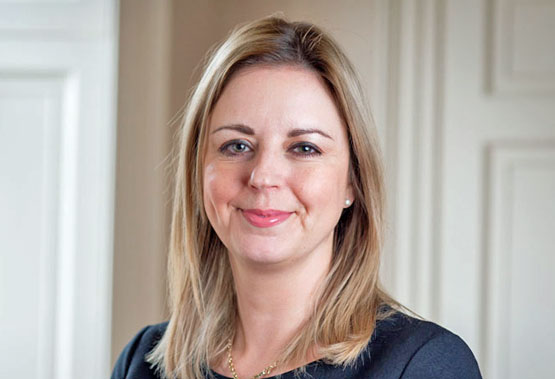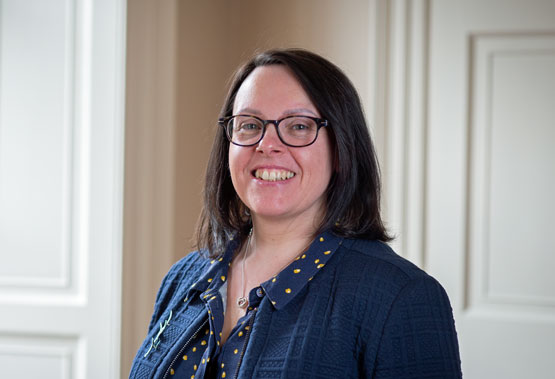This website uses cookies so that we can provide you with the best user experience possible. Cookie information is stored in your browser and performs functions such as recognising you when you return to our website and helping our team to understand which sections of the website you find most interesting and useful.
Frequently Asked Questions
-
Do I need a Will?
-
If you own any assets (especially property) then having a Will can let you plan for what will happen to your estate on your death.
If you are in a cohabiting relationship, have young children or have remarried then it is especially important that you set down your wishes formally.
-
-
What does an Executor have to do and who should be appointed?
-
Executors are appointed in a Will to ascertain the assets that a person held when he passed away, complete any necessary Confirmation formalities (being the Scottish version of Probate) and then ultimately distribute the estate as per the terms of the Will.
It is an important and responsible role, so the individuals appointed should not be phased by this.
However, often Executors will engage the help of a solicitor to help them deal with matters.
Family members, friends or professional advisers can be appointed as Executors and an Executor can also be a beneficiary of the estate.
-
-
Does my spouse or partner not inherit everything automatically?
-
If you die without a Will, your spouse would be entitled to part of your estate (property interest, personal belongings and cash) but, if the values exceed the current thresholds, then part of your estate could pass to your children or to parents and siblings if you have no children.
If you are unmarried then your partner will not inherit anything automatically and a court application would need to be made by the surviving partner to claim against the estate within six months of the date of death.
-
-
How do I provide for who should look after my children?
-
A Will can contain an appointment of a guardian to look after your children if something happens to you and one or more of your children are under the age of 16.
It is important to consider the practicalities of such an appointment and sensible to provide for a substitute guardian in case the original appointee is unwilling or unable to act at the relevant time.
The guardian’s legal appointment ends when a child reaches his 16th birthday and between the ages of 16 to 18 the guardian can only provide guidance to the child.
-
-
What happens if I don’t have a Will?
-
If you die without a Will (known as “dying intestate”) then legislation dating back to 1964 will dictate how your estate will be distributed on your death.
As noted above, spouses will inherit a set share of your estate but then children and even remote family members could inherit depending on the circumstances and the size of the estate involved.
-
-
Is it expensive to put in place a Will?
-
The cost of putting a Will in place depends on the complexity of your instructions but, as a general rule, the cost of administering an estate where there is no Will is higher than when there is one in place.
Therefore, it makes financial sense in the long-run to have a formal Will in place.
-
-
I have children from a previous marriage- how do I balance their interests and make sure that my current spouse is looked after?
-
This is a common concern, but an appropriate Will can be drafted if proper advice is sought.
It is important to discuss all of the relevant issues with an expert who will ensure that the competing interests of members in a “blended family” are considered.
There is no “one size fits all approach” here: everything will turn on the individual circumstances of the family involved.
-
-
How often do I need to review my Will?
-
It is important to ensure that you review your Will at periodic intervals (for example, every 3-5 years) or sooner if a major life event such as marriage, divorce or the birth of children takes place.
-
-
I am worried about young children inheriting- how can my Will deal with this?
-
In Scotland children inherit outright at the age of 16 which is widely considered to be very young.
Therefore, it is common in a Will to provide that a young beneficiary’s inheritance should be held in trust for him until he attains a specified age (to be chosen by the person putting in place the Will) such as 21, 25 or 30.
This option of postponing the age of inheritance is not available where someone has passed away without leaving a Will.
-
-
Can anybody make a claim on my estate if I have a Will in place?
-
In Scotland, you cannot completely disinherit your spouse or children. Even if they are excluded from the terms of your Will they can still make a claim on the “moveable” part of your estate (which excludes any interest in any land and buildings).
This claim is known as “legal rights” and can be made regardless of the age of the claimant spouse or child or any period of estrangement between the deceased and the claimant.
The size of the claim is dependent on whether or not you are survived by (a) a spouse and children or (b) a spouse or children. Specialist advice should be sought to ascertain exactly how legal rights will have an impact on your estate.
-











